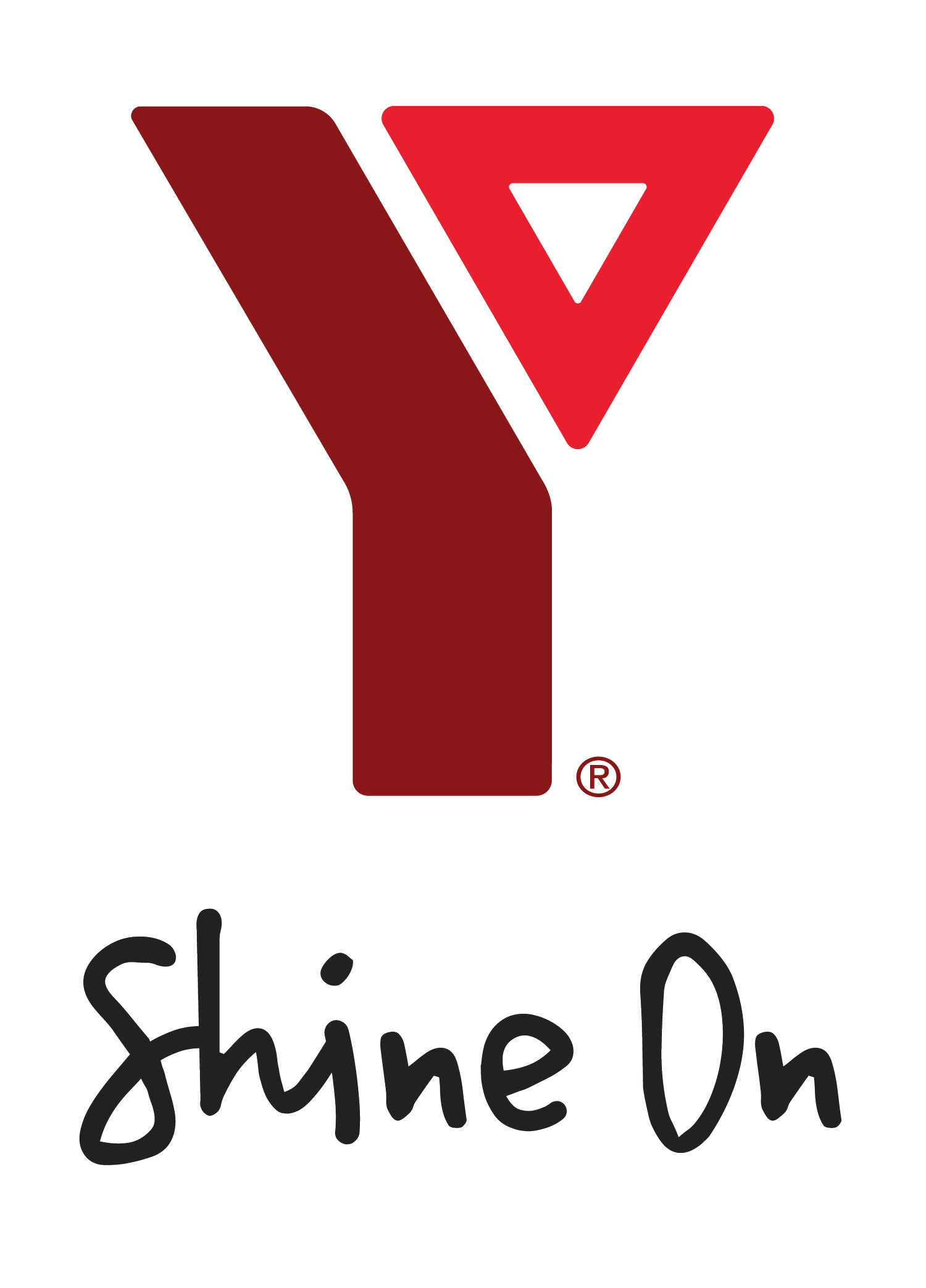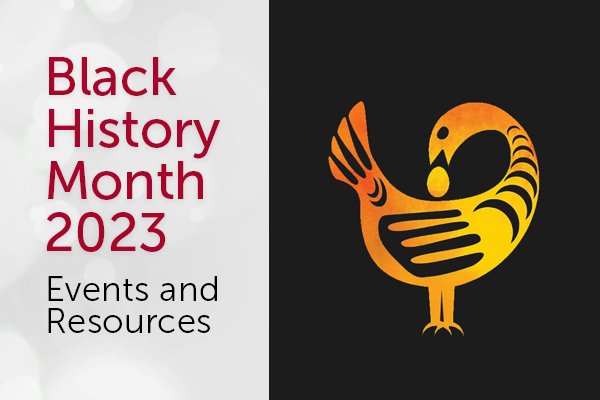Holistic Wellness in the Spirit of Sankofa: Moving Forward, Guided by the Past
“Black History is not just for Black people — Black history is Canadian History” The Honourable Jean Augustine
Black people have been on the lands now known as Canada prior to the formation of this nation. From the sought-after explorer and linguist Mathieu da Costa, whose presence here was noted in 1608, to young Olivier le Jeune, an enslaved child from Madagascar who was brought here by a British convoy in 1628, Black presence on this land predates the 1867 formation of the dominion of Canada on Indigenous lands.
Our history also involves long lines of kinship between Indigenous and Black communities across Turtle Island (also known as North America). From 1810 to 1850, Indigenous communities played an important role in the system known as the Underground Railroad.
Between 1897 and 1911 African Americans, referred to as Exodusters, migrated to Canada in high numbers to escape the harsh living conditions created by segregation laws. Between 1908 and 1911 more than 1,000 African American Oklahomans sold their farms and migrated to Alberta and Saskatchewan. Unfortunately, the Exodusters were met with racial discrimination from white Canadian settlers too. After 300 years of Black presence in Canada and various waves of Black migration over that time, racist attitudes and mistreatment of Black communities continued, leading to an eventual ban on Black immigration in 1911.
More than 40 years later, the Canadian government would launch a domestic-worker program to recruit Black women from the Caribbean in order to fill post-war needs for domestic labour. In 1962 the migration ban on Black people was completely lifted, and more Black people could migrate to Canada. Many Caribbean Canadians came to Canada through sponsorship by family members who originally arrived via the domestic-worker program. In the 1980s, immigration of Black populations expanded beyond the Caribbean, resulting in a rise in migration from various African countries.
Throughout history, there have long been collective efforts within Black communities to create safe cultural hubs — spaces to generate opportunities and to collaborate. From the Universal Negro Improvement Association in Toronto (aka UNIA, from 1900–1950) to their auxiliary group Black Cross Nurses.
Fast forward to 1995, when a motion brought forth in the House of Commons by the Honourable Jean Augustine resulted in the designation of February as Black History Month in Canada. We honour her and all activists, past and present, who continue to advocate for Black communities across Canada.
Join us this Black History Month, as the YMCA continues its journey of change and learning together. For 2023, our learnings will be informed by Sankofa. Sankofa is an African word from the Akan tribe in Ghana. The literal translation of the word and the symbol is: “It is not taboo to fetch what is at risk of being left behind.”
The symbol for Sankofa is a mythical bird with its feet firmly planted forward and its head turned backwards. Thus, the Akan believe the past serves as a guide for planning the future. Learning from the past ensures a strong future. The Akan believe there must be movement and new learnings as time passes and ass this forward march proceeds, the past must never be forgotten.
Rooted in this concept, our 2023 Black History Month theme is about empowering Black communities and returning to wellness by embracing the rituals, traditions and healing modalities of our ancestors. These ways of knowing require an anti-colonial approach in both thought and practice. We hope that you will engage with the linked resources above and join us for programming, below.
There are many Black History Month Events that take place throughout Canada in the month of February. Be sure to support and attend events in your local community.
Written by Christina Sanakidis and Ellah Mangwiza, Managers – Diversity, Equity, Inclusion & Belonging
The Bright Spot - YMCA of Greater Toronto. Read more at https://brightspot.ymcagta.org/blogs.

